 California has an abundance of historic ghost towns, including a handful around the edge of San Francisco Bay, some familiar places you may not have thought of on those terms before.
California has an abundance of historic ghost towns, including a handful around the edge of San Francisco Bay, some familiar places you may not have thought of on those terms before.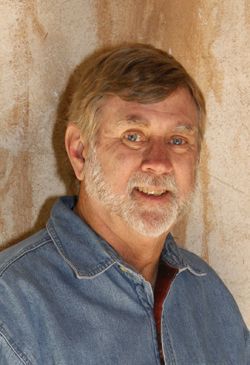 Despite the holiday on the horizon, Phillip Varney, author of Ghost Towns of California and other books about these largely forgotten communities, says that in his experience, any ghosts lingering in them are mostly metaphorical. Mostly.
Despite the holiday on the horizon, Phillip Varney, author of Ghost Towns of California and other books about these largely forgotten communities, says that in his experience, any ghosts lingering in them are mostly metaphorical. Mostly.
Below, the remains of the warden's home on Alcatraz Island.

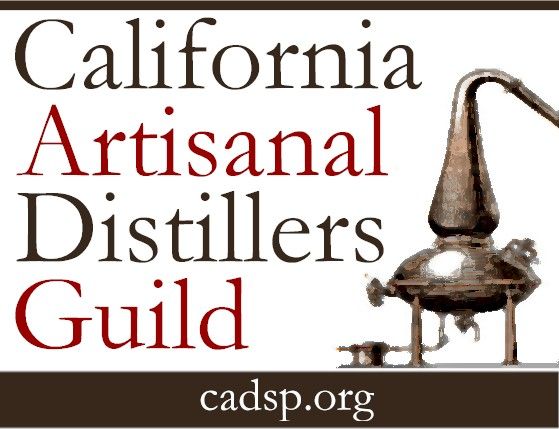 Beer and winemakers can have onsite tastings and sales, but small makers of specialty distilled spirits can't. So they're trying to get changes made to the law they see as discriminatory.
Beer and winemakers can have onsite tastings and sales, but small makers of specialty distilled spirits can't. So they're trying to get changes made to the law they see as discriminatory.
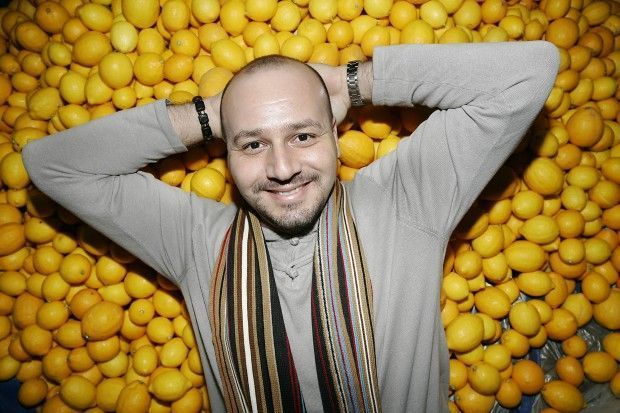 The regulations that restrict tasting and sales of distilled spirits in California have been on the books for decades, says Arthur Hartunian, president of the California Artisanal Distillers Guild. So long, in fact, that the rationale behind them has long since been lost.
The regulations that restrict tasting and sales of distilled spirits in California have been on the books for decades, says Arthur Hartunian, president of the California Artisanal Distillers Guild. So long, in fact, that the rationale behind them has long since been lost.
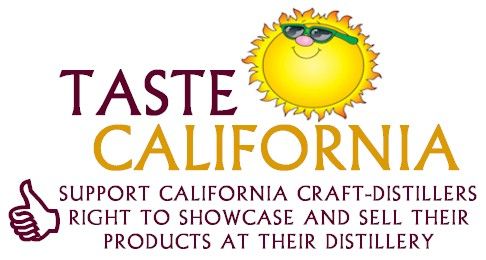 Another reason changes are needed, Hartunian adds, is because the current rules are not internally consistent.
Another reason changes are needed, Hartunian adds, is because the current rules are not internally consistent.
In an effort to build support for their cause, says California Street Distributors principal Adam Spiegel, an online petition drive has been launched, under the banner "Taste California."
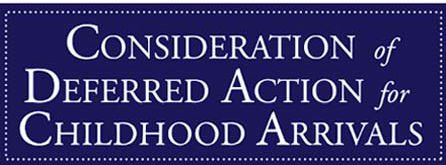 A new federal program allows undocumented young people between the ages of 15 and 30 protection from deportation and a chance to obtain work permits, social security numbers, even drivers licenses. But accomplishing that isn't easy.
A new federal program allows undocumented young people between the ages of 15 and 30 protection from deportation and a chance to obtain work permits, social security numbers, even drivers licenses. But accomplishing that isn't easy.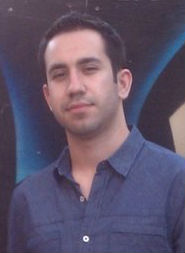 Jesus GuzmanAssembling the full application packet for consideration under the Deferred Action program is a complex and time-consuming process. Part of that, explains Jesus Guzman of the Dream Alliance of Sonoma County, involves waiting for key documents from both the consulate of the applicant's home country, and transcripts from American schools.
Jesus GuzmanAssembling the full application packet for consideration under the Deferred Action program is a complex and time-consuming process. Part of that, explains Jesus Guzman of the Dream Alliance of Sonoma County, involves waiting for key documents from both the consulate of the applicant's home country, and transcripts from American schools.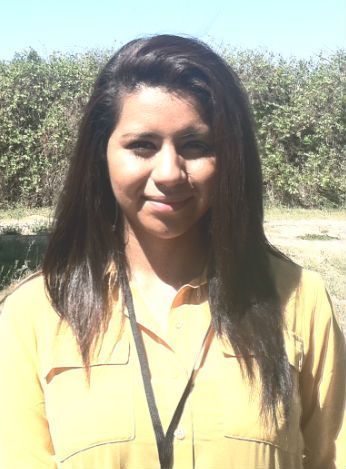 Sandy ValencianoIn addition to preparing her own Deferred Action application, Sandy Valenciano has been helping numerous other families through the process, often helping translate both basic English and bureaucratic jargon.
Sandy ValencianoIn addition to preparing her own Deferred Action application, Sandy Valenciano has been helping numerous other families through the process, often helping translate both basic English and bureaucratic jargon.
Through her involvement and encouragement of other applicants, Valenciano says she as recognized many similarities in their personal stories.
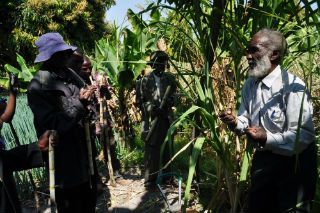
Ndhlovu has been involved in local research for 30 years, along with Ken Wilson, of the Christensen Fund. Wilson says that agricultural solutions are different from place to place, but they tend to "rhyme with each other."
 Abraham and Ken say that Brock Dolman, director of the Water Institute at the Occidental Arts and Ecology Center, reminds them of a Zimbabwean friend: Mr. Phiri (pictured above, right). They're both creatively managing water on their land. In the photo at the left, Abraham Ndhlovu (right) interviews two fishermen, Mr. Peto (center) and Mr. Chikombeka (left,) about the changing hydrology of the local Runde river and its impact on the fishery. (Images courtesy of Ken Wilson.)
Abraham and Ken say that Brock Dolman, director of the Water Institute at the Occidental Arts and Ecology Center, reminds them of a Zimbabwean friend: Mr. Phiri (pictured above, right). They're both creatively managing water on their land. In the photo at the left, Abraham Ndhlovu (right) interviews two fishermen, Mr. Peto (center) and Mr. Chikombeka (left,) about the changing hydrology of the local Runde river and its impact on the fishery. (Images courtesy of Ken Wilson.)
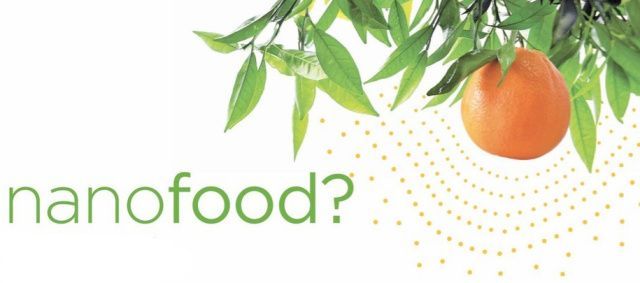 Nanotechnology changes things at the molecular level, creating microscopic substances that can enter the body through our skin, the air we breathe, and the food that we eat. And not even the people who make and sell that food really know what new particles are beginning to be included in it.
Nanotechnology changes things at the molecular level, creating microscopic substances that can enter the body through our skin, the air we breathe, and the food that we eat. And not even the people who make and sell that food really know what new particles are beginning to be included in it.
Nanotechnology is a rapidly advancing field, one that has far outpaced any efforts to test or regulate it, says Michael Passoff, Senior Strategist for the San Francisco non-profit, As You Sow, and lead author of their new report, Sourcing Framework for Food and Food Packaging Products Containing Nanomaterials.
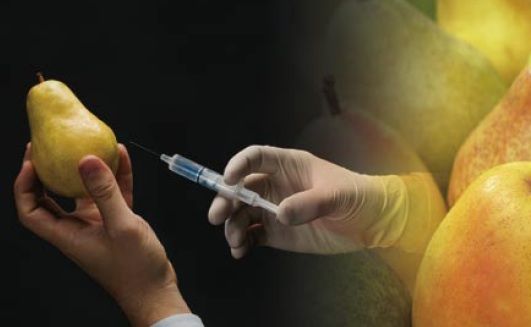 The primary basis for concern about nanomaterials, says Passoff, is quite simple. They are so small they can get into all sorts of things, with consequences that have not been investigated.
The primary basis for concern about nanomaterials, says Passoff, is quite simple. They are so small they can get into all sorts of things, with consequences that have not been investigated.
The possible applications of nanotechnology are virtually endless, says Passoff, and many may well prove to be highly beneficial. But they still need to be studied and tested.
.
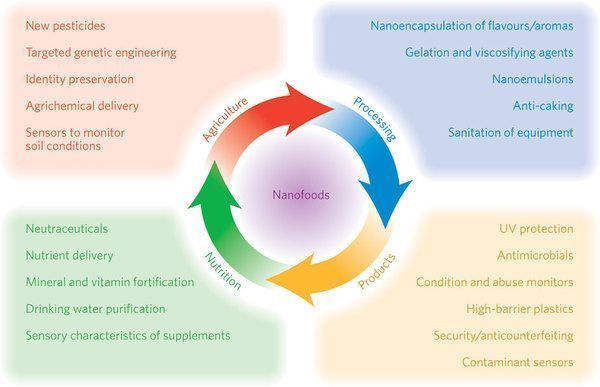
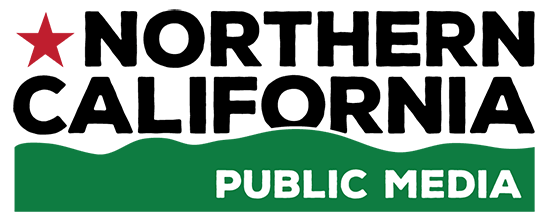
 Live Radio
Live Radio